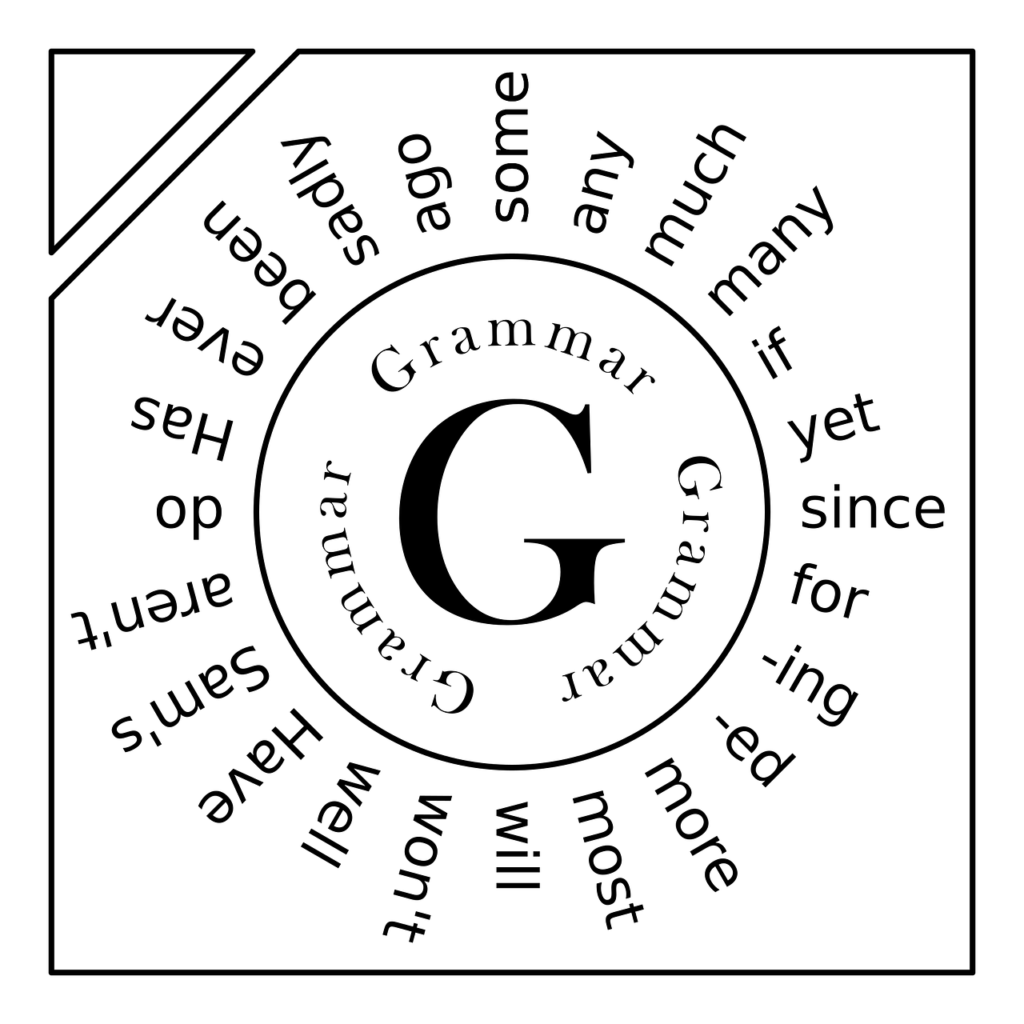Comparatives are a way of comparing two things in English. They are formed by adding -er or using more with an adjective or an adverb. For example:
- She is taller than me. (adjective + -er)
- He runs faster than her. (adverb + -er)
- This book is more interesting than that one. (more + adjective)
- She sings more beautifully than him. (more + adverb)
There are some rules and exceptions for forming comparatives, such as:
- If the adjective ends in -e, just add -r. For example, nice → nicer.
- If the adjective ends in a consonant, vowel, consonant, double the last consonant. For example, big → bigger.
- If the adjective ends in -y, change the y to i and add -er. For example, happy → happier.
- Some adjectives have irregular forms, such as good → better and bad → worse.

